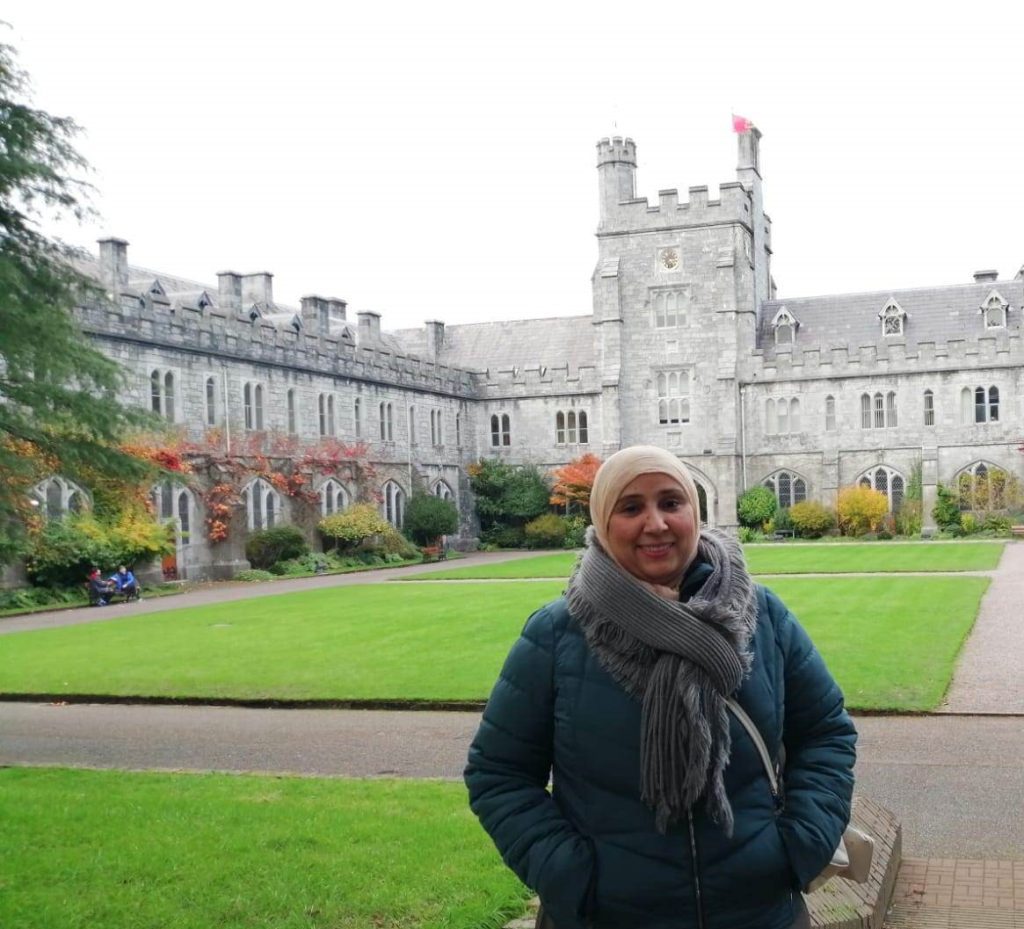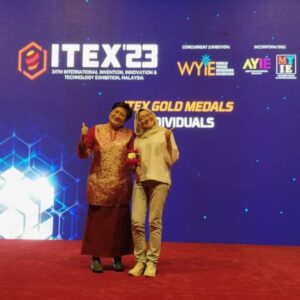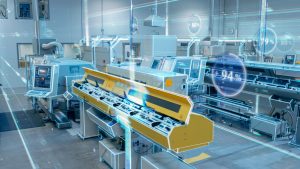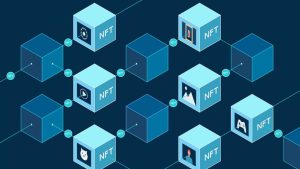Dr. Radhya Sahal is a CONFIRM/MSCA SMART 4.0 Fellow based in the School of Computer Science and IT at University College Cork.
Radhya is a Marie Curie SMART 4.0 Research Fellow in CONFIRM, the SFI Research Centre for Smart Manufacturing, based at University College Cork, Ireland. She received her M.Sc and PhD in Computer Science from the Faculty of Computers and Artificial Intelligence, Cairo University. After that, she held a postdoctoral position with CONFIRM Center, National University of Ireland Galway, Galway, Ireland. Her research interests include Blockchain, Digital Twins, Big Data, Internet of Things (IoT), Industry 4.0, Smart Manufacturing, Smart Cities, Stream Processing, and Query Optimization over large-scale distributed data system.
Tell us about the research you’re currently working on.
My current research work focuses on digital twins collaboration in distributed manufacturing. Digital twins play a vital role in improving distributed manufacturing by providing up-to-date operational data representation of physical assets, which supports the decision-making process to avoid potential risks in distributed manufacturing systems. However, using digital twins to predict the risks in distributed manufacturing systems and reach consensus-based decision-making faces many challenges, including data interoperability, authentication, and scalability.
Therefore, the combination of blockchain and digital twin technologies has significant advantages in addressing the challenges of digital twin use for smart distributed manufacturing in a decentralization fashion. The project aims to build a concrete, ledger-based collaborative digital twin system for smart distributed manufacturing focusing on real-time operational data analytics.
In your opinion, why is your research important? What kind of impact do you foresee?
All research works are important to generate new knowledge and technologies to deal with major unsolved problems. Regarding our research, we believe our work can be a step towards smart distributed manufacturing with a focus on real-time operational data analytics. Furthermore, we explore how blockchain technology can empower digital twin collaboration to provide a smart concrete solution for distributed manufacturing.
From the commercial point of view, nowadays, digital twin technology is used across various industries at different stages (e.g. from the products being manufactured to being consumed). Furthermore, digital twin will be a crucial concept for creating an end-to-end enhanced virtual representation of distributed manufacturing systems (e.g., energy, railway, logistics, healthcare, consumer products and so on). Moreover, it will change the way the industrial world works by combining blockchain, AI, IoT, edge/cloud, and other advanced technologies. Therefore, developing blockchain-based digital twins could potentially serve distributed manufacturing by providing insights for making decisions smarter.
What inspired you to become a researcher? Do you have any specific memories that set off a spark?
I have had an inquisitive attitude since I was young but also, the beautiful environment gave me more than I could handle in terms of mysteries. So then, the above developed into a more scientific orientation; little by little, I got into computer science and learned something new every day. After that, I started thinking about researching to gain a deeper understanding of the scientific process. After the first paper I published, I became addicted to research.
What are some of the biggest challenges or misconceptions you face as a researcher in your field?
Many challenges still exist in bridging the physical world to digital world. The digital twin technology needs several years to be adopted in all manufacturing sectors. As a result, my research is still in the early stage. The digital twins collaboration is still in the conceptual stage to demonstrate wide industrial adoption and become a well-defined engineering practice within the industry. Moreover, the lack of mature and stable technologies stands in the way of developing a concrete, end-to-end collaborative digital twin system for smart distributed manufacturing.
Do you think public engagement with science has changed in recent years (particularly in light of events such as the Covid-19 pandemic)? How do you encourage engagement with your own work?
The COVID-19 era has reshaped the world regarding the economy, healthcare systems, remote work environment, people’s lifestyles and daily routines, etc. For sure, public engagement with science has changed due to the restrictions of quarantine and lockdown. These restrictions have changed the way people live; work, study from home and shop from home. For example, most people are shifting from a go-to-market to an online marketing manner during pandemic times. Therefore, the COVID-19 restrictions cause a big challenge for marketing industries and force them to rapidly adapt to contact-less marketing to meet consumer needs while maintaining their expectations to achieve desired growth. Consequently, digital transformation for companies has been accelerated
Our research work can serve the marketing industries by adopting the digital twins collaboration concept to provide a virtual representation of products, processes, consumers, malls and other participants within the supply chain. These digital twins collaborate to automate the contact-less delivery system that serves people in quarantine areas. The end-to-end contact-less delivery system based on blockchain and digital twin collaboration shows high visibility of the contact-less delivery service without physical interactions to limit contacting and coronavirus outbreaks.
Furthermore, with the evolution of personalized healthcare, everyone can be flanked by a personal digital twin representing his or her healthcare markers. However, although several research works have been done to control the COVID-19 pandemic using digital twins technology, Personal Digital Twins are still several years away. Therefore, our research has introduced a decentralized pandemic alerting framework based on personal digital twins and blockchain as a decentralized solution in Medical Cyber-Physical Systems to combat COVID-19 and any future pandemic. The proposed framework aims to decentralize pandemic alerting to combat COVID-19 outbreaks while preserving personalized healthcare.
Who is your unsung hero of science and why?
Nikola Tesla is my unsung hero of science because of his vast contribution to the body of knowledge in STEM.







